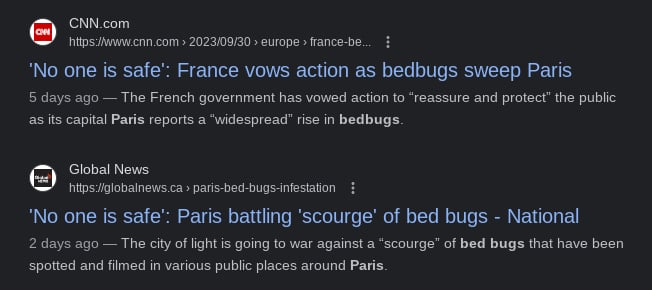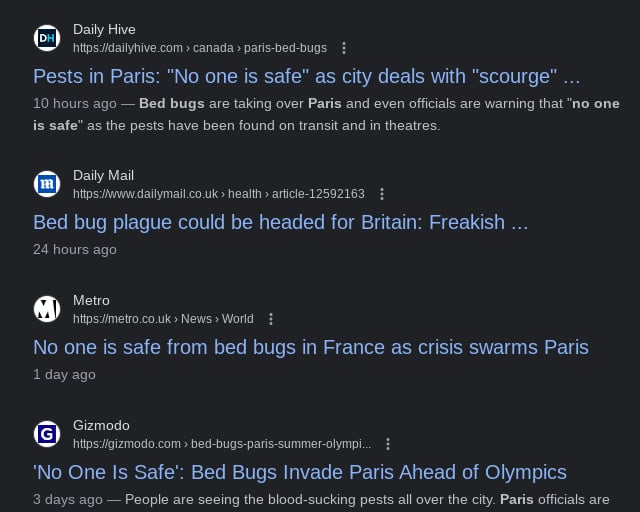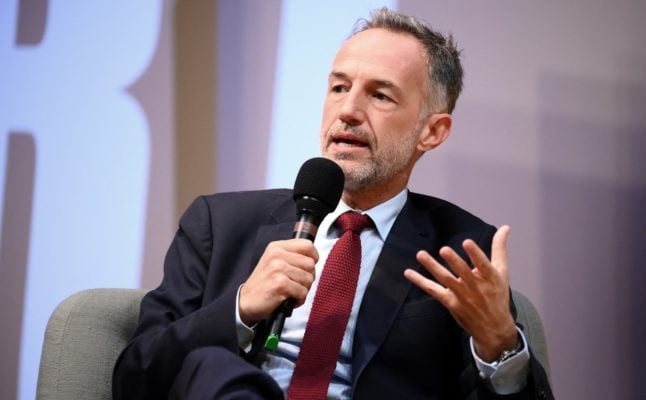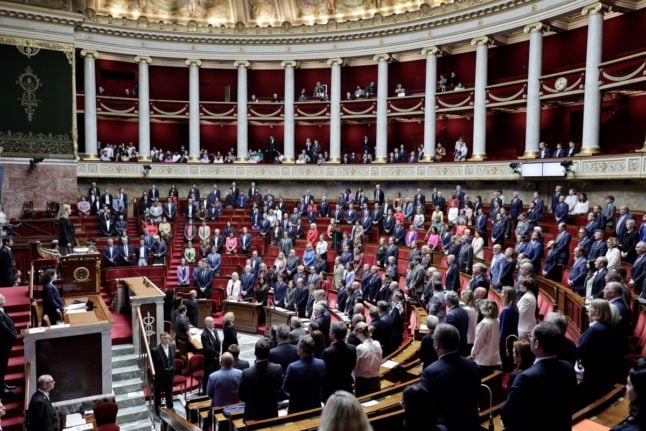Reports of a rising number of bedbug infestations have been heavily reported in French media – egged on by politicians – and have now crossed both the Channel and the Atlantic to be reported in English-language media.
You can see our in-detail look at how bad the problem truly is – and whether it is in fact any worse than in other countries – here.
But undoubtedly one of the reasons that the story got so much coverage is the headline-worthy quote from the deputy mayor of Paris, Emmanuel Grégoire, who apparently said ‘no-one is safe’.


The dramatic assessment – worthy of a disaster movie – certainly sounds good, but is it actually what he said?
Grégoire undoubtedly believes that bedbugs are a problem in his city, and has written to French prime minister Elisabeth Borne to demand an urgent, national action plan.
He writes: “The State must urgently bring together all the stakeholders concerned in order to deploy an action plan commensurate with this scourge while France is preparing to host the Olympic and Paralympic Games in 2024.”
The ‘no-one is safe’ quote comes from an interview that Grégoire did with French TV channel LCI and his exact words were: “Personne n’est à l’abri“.
🫠 Personne n’est à l’abri.
Face à l’infestation de punaises de lit, il faut des mesures coordonnées qui rassemblent les autorités sanitaires, les collectivités et toutes les parties prenantes concernées pour prévenir du risque et agir efficacement. pic.twitter.com/QRms9DSU1Y
— Emmanuel Grégoire (@egregoire) September 29, 2023
This is perhaps best translated as ‘no-one is immune’, or ‘no-one is unaffected’ or more literally ‘no-one is sheltered’ – the most common use of the word abri is used to describe a shelter such as an air-raid shelter or ‘sans-abri‘ to describe someone as homeless (or ‘without shelter’).
It’s not a million miles away from ‘no-one is safe’ – but it doesn’t carry the same connotation of bedbugs posing a risk to health. Bedbugs can cause itchy bites or blisters. They are undoubtedly extremely annoying and it can be hard to sleep if you have an infestation in your home, but they do not spread diseases or cause other health problems.
It’s also important to look at the context of Grégoire’s words – he’s answering a question about whether bedbugs are confined to a certain area or are a more general problem.
He says that they’re everywhere and ‘no-one is immune’ – which is why he is calling on the government to take a nationwide approach to the problem, which he says cannot be tackled by local authorities alone since bedbugs are often spread between areas by travellers, tourists or even commuters.



 Please whitelist us to continue reading.
Please whitelist us to continue reading.
Member comments